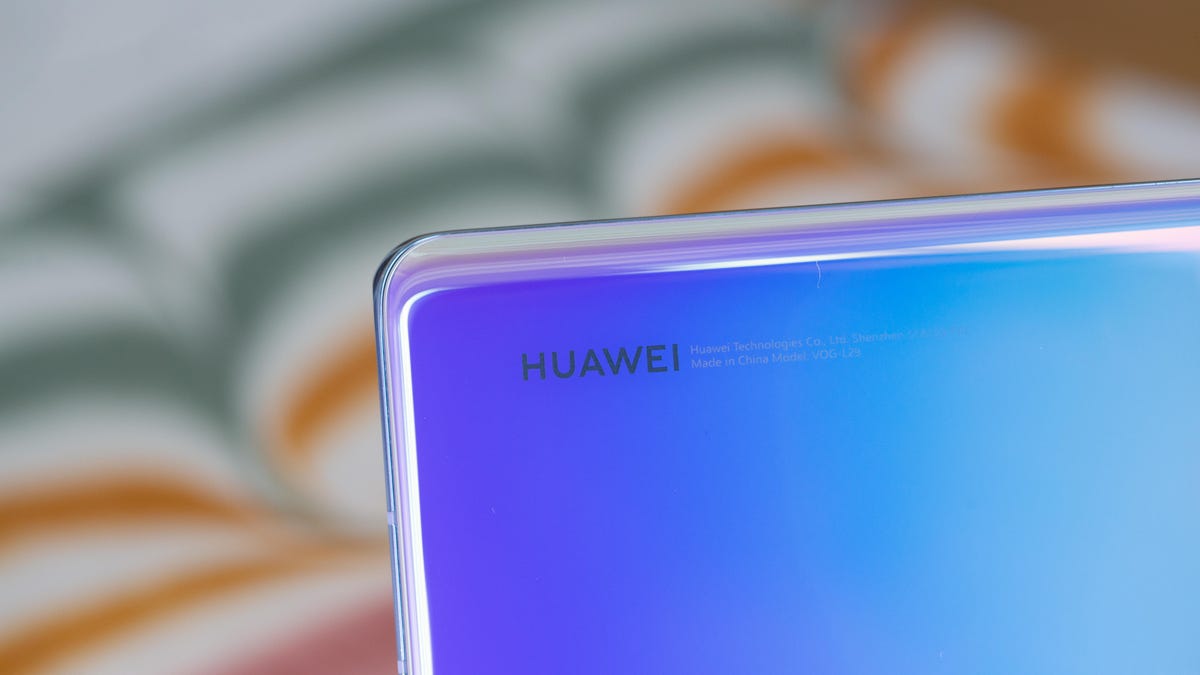Huawei is reportedly chasing Verizon for $1B in patent licensing fees
Amid its clash with the United States government, the Chinese company says US-based Verizon should pay fees for more than 230 of its patents.

Huawei reportedly seeks some big money from Verizon.
Huawei wants more than $1 billion in patent licensing fees from Verizon , according to a report. The fees are for the use of over 230 networking-gear patents, Reuters said Wednesday, citing a source.
Verizon is reportedly using equipment through other companies that relies on Huawei patents covering core networking gear, internet of things technology and wireline infrastructure. Verizon and Huawei representatives met last week in New York to talk about whether the gear could infringe on Huawei patents, Reuters said.
"These issues are larger than just Verizon," a Verizon spokesman told Reuters. "Given the broader geopolitical context, any issue involving Huawei has implications for our entire industry and also raises national and international concerns."
Neither Huawei nor Verizon immediately responded to requests for comment.
Commentary: Rushing foldable phones doesn't work. Just ask Samsung and Huawei
The US blacklisted networking gear from Huawei in May, and President Donald Trump signed an executive order essentially banning the company in light of national security concerns that Huawei had close ties with the Chinese government, a charge the company has repeatedly denied.
Credit rating organization S&P Global said Wednesday that the impact on the tech industry of the Huawei ban in the US "could be wide ranging," including stymieing the growth of American tech companies.
Late Wednesday, Huawei confirmed to CNET that it's objecting to the US ban with an ex parte memo to the Federal Communications Commission.

